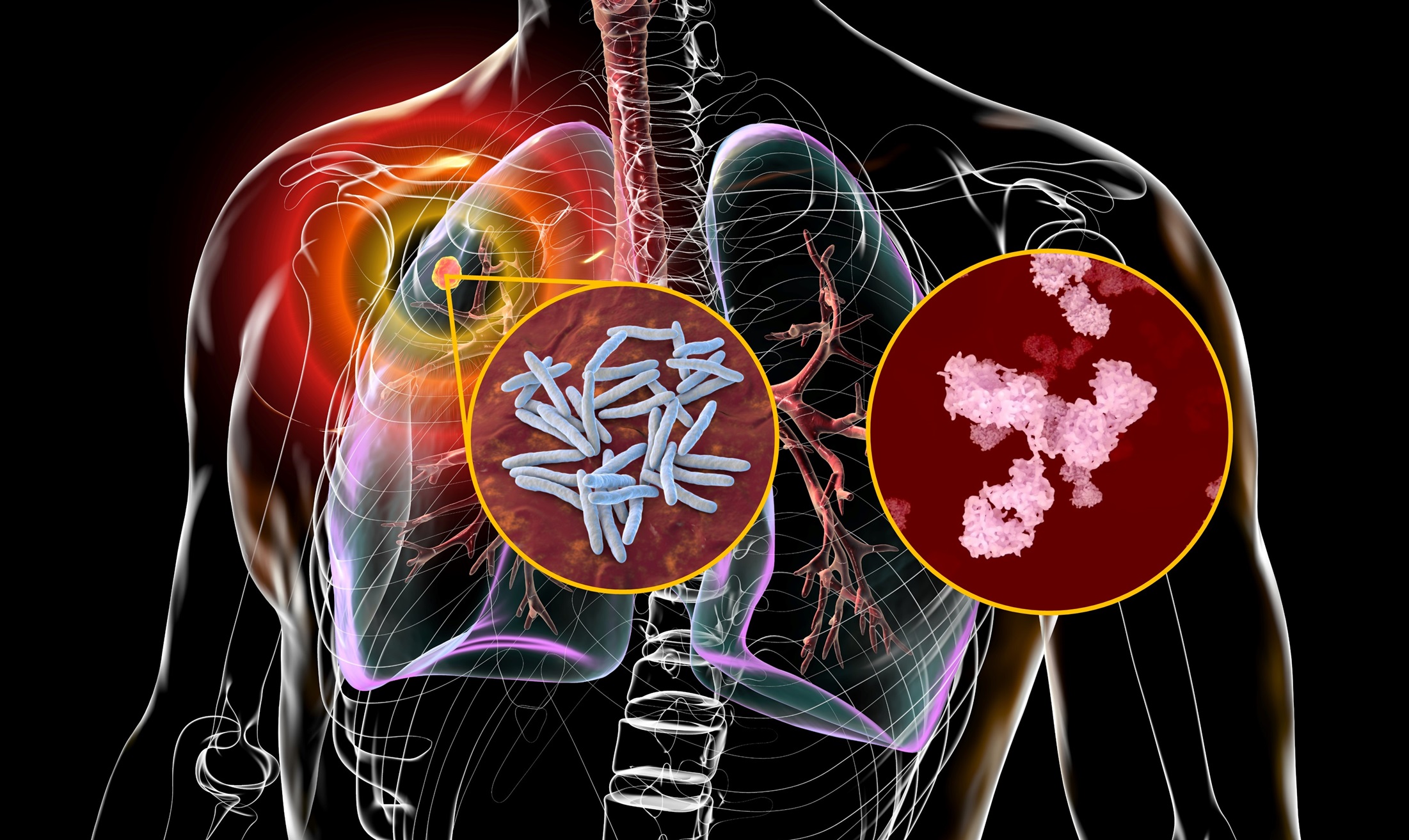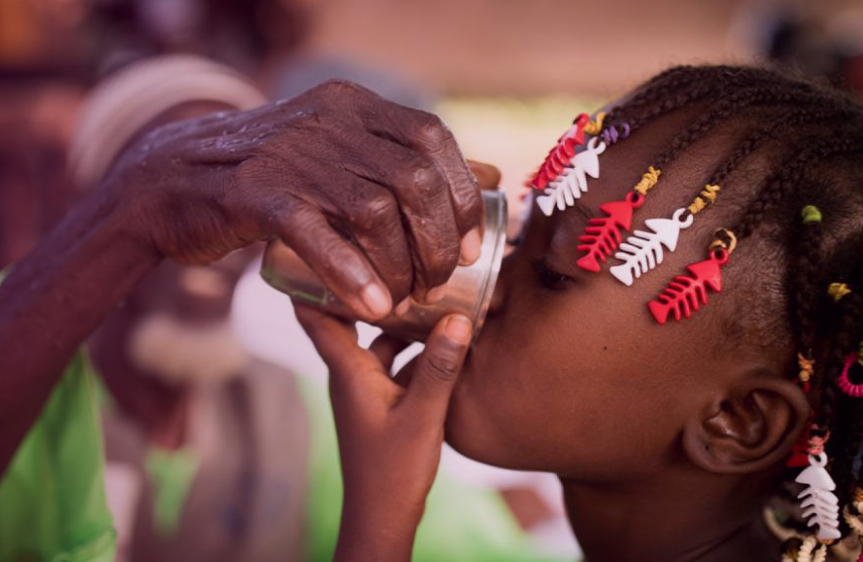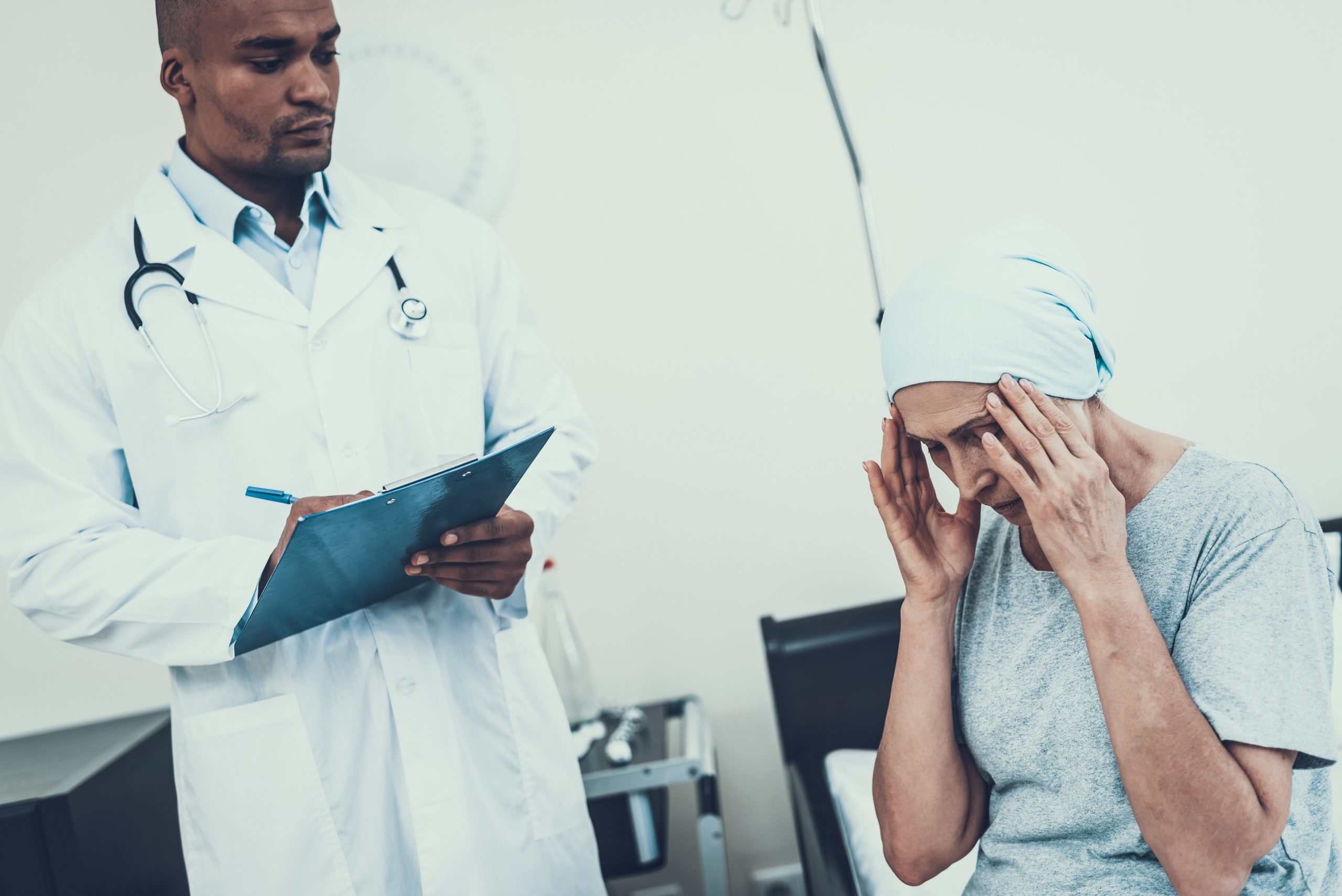Health and Medicine
Explore Health and Medicine

Dr. Matthew Sherrer | An Infinite Game Mindset for Enhanced Cooperation in Anesthesia
Anesthesia in the US is currently delivered through a team-based approach, with physician anesthesiologists supervising certified registered nurse anesthetists. However, in over 20 states, there is no requirement for nurse anesthetists to be supervised by anesthesiologists, allowing them to work independently. This has resulted in a bitter turf war over the rights and responsibilities of physicians and advanced practice nurses working in this discipline to provide patient care, paving the way for daily acrimony and a toxic working environment. The mindset behind this adversarial approach can be compared with a “finite game”, where there are clear winners and losers. Aiming to challenge this dysfunctional tribalism, Dr. Matthew Sherrer from the University of Alabama Birmingham and colleagues have drawn on an alternative mindset: the infinite game.

Professor Lobelia Samavati | Paving the Way for Antibody-based Diagnostics for Tuberculosis and Sarcoidosis
Tuberculosis – or TB – is a global health threat, with 10 million new cases annually. Diagnosing TB can be a challenge, as there is a lack of rapid, point-of-care diagnostic tests. It can also be difficult to distinguish between TB and other inflammatory diseases, such as Sarcoidosis. One option may be to identify antibodies in patient samples that can reveal the presence of TB. However, current antibody tests for TB lack accuracy. Professor Lobelia Samavati and colleagues at the Wanye State University School of Medicine in Michigan are tackling this challenge to cast light on the immune signature of these diseases. Their aim is to develop new diagnostic techniques for TB and Sarcoidosis.

Dr Abayomi Sanusi | Can Faith Institutions Encourage People to Maintain Healthy Blood Pressure?
High blood pressure, also known as hypertension, is a common and potentially dangerous condition that increases the risk of many severe medical issues, including heart disease, heart attack, stroke, heart failure, and kidney disease. Dr Abayomi Sanusi, a researcher at the University of York, recently carried out a study exploring how faith-based institutions could encourage their community members to adopt healthy behaviours that can reduce hypertension.

Ria Nishikawara | Exploring How to Improve Healthcare for Patients with Fibromyalgia
Fibromyalgia is a relatively common and yet poorly understood condition characterised by chronic diffuse pain and stiffness, chronic fatigue, poor sleep and cognitive difficulties. Ria Nishikawara at the University of British Columbia and her collaborators Dr Izabela Schultz, Dr Lee Butterfield, and John Murray, carried out a study exploring the unique healthcare experiences of patients diagnosed with fibromyalgia. Their aim was to determine what patients found most helpful and how the available services could be improved.

Addressing antimalarial drug resistance in Africa to ensure patients can continue to be saved
We are pleased to be joined by Dorothy Achu, Regional Malaria Adviser, WHO African Region; Aimable Mbituyumuremyi, Director, National Malaria Control Program, Ministry of Health, Rwanda; Adam Aspinall, Senior Director, Access and Product Management, and George Jagoe, Executive Vice-President Medicines for Malaria Venture. To learn about antimalarial drug resistance in Africa to ensure patients can continue to be saved.

Dr Kerstin Kleinschmidt-Doerr | Could R399E Become a Promising Treatment for Restoring Joints and Relieving Pain in Osteoarthritis?
Osteoarthritis is a painful and progressive joint disorder that affects hundreds of millions of people worldwide. Typically, the options for treating the condition involve exercise or medication to reduce pain. However, these methods do not target the underlying structural problems in the joints of patients. Recently, researchers have uncovered a genetic susceptibility to osteoarthritis associated with a protein called GDF5, which is involved in skeletal growth and development. Alongside a team of scientists across Europe, Dr Kerstin Kleinschmidt-Doerr at Merck has explored a modified form of the GDF5 protein, named R399E, which showed effects in animal models and in-vitro experiments for treating pain and the underlying structural problems in osteoarthritis.

Dr Xiaomu Li | Understanding Diabetes: Revealing the Links Between High Blood Pressure and Insulin Resistance
Cases of type 2 diabetes are on the rise around the world, so gaining a deeper understanding of this chronic condition is vital to ensure early diagnosis and good outcomes for patients. Dr Xiaomu Li and her colleagues at Zhongshan Hospital, Fudan University are conducting important research to understand the risk factors associated with developing type 2 diabetes. Their findings will help healthcare providers to identify patients at high risk of diabetes, enabling early diagnosis and targeted interventions to prevent the development of the condition.

Dr Millie Nakatsuka | Decoding Dizziness in the Emergency Room
Acute vestibular syndrome is one of the most common reasons people present at hospital with dizziness. The symptoms can arise from damage within the brain or the ear, and specialist medical knowledge or equipment is typically needed to determine the specific cause. Dr Nakatsuka from the University of Sydney in Australia has conducted a large-scale analysis and review of the published literature to determine whether well-trained emergency physicians can differentiate between the two causes, using a quick bedside physical examination without expensive special equipment.

Professor Anne Summach – Titus Chan – Tammy O’Rourke | A New Index to Assess Frailty and Promote Healthy Ageing
In their recent research, Anne Summach, Titus Chan and Tammy O’Rourke at the University of Alberta explore the factors that determine healthy ageing and frailty in seniors. They formulate and test a new index for assessing strengths and deficits in individuals to create targeted interventions.

Dr Youzhong Guo | Accelerating Our Understanding of Cell Membranes
Cell membranes are critical for life. Effectively extracting proteins with naturally associated lipids from cell membranes is necessary for research, but traditional methods may damage these membrane components and limit the accuracy of scientific data. Dr Youzhong Guo at Virginia Commonwealth University has recently developed a revolutionary method for extracting membrane components in the form of Native Cell Membrane Nanoparticles. His team’s exciting work advances our understanding of the structure, function and interactions of membrane proteins and lipids.

Clare Jensen | Can Dogs Improve the Mental Well-being of Paediatric Healthcare Professionals?
Paediatric healthcare workers often experience poor mental health and burnout. While specially trained facility dogs have been found to positively impact patient well-being, little research has focused on the benefits for professionals. Clare Jensen and her colleagues from Purdue University and the University of Arizona have undertaken a study demonstrating the positive impact these dogs can have on the mental health of paediatric healthcare workers.

Dr Raymond Palmer | Reducing Chemical Intolerance: Seven Steps to Creating a Clean Air Oasis
Individuals with chemical intolerance may experience an array of symptoms following exposure to toxicants commonly found inside the home. Researchers at UT Health San Antonio, USA, have demonstrated that improving indoor air quality reduces the symptoms of chemical intolerance. One of their most important recommendations is to create a clean air oasis in your own home to ensure the air that you breathe is as free as possible from smoke, chemicals, fragrances, and other common indoor pollutants.
Increase The Impact Of Your Research!
Explore partnership opportunities
Unwind without the hassle. Enjoy fresh audiobooks, delivered free!
